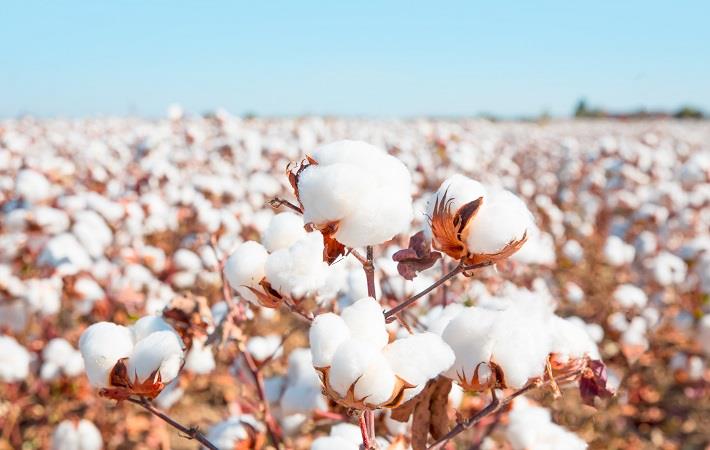Cotton needs to be in the limelight in times of a climate crisis, and it will be so coincidentally on October 7 when the popular Extinction Rebellion and its allies join hands for a wider International Rebellion.
The World Trade Organisation (WTO) will host the launch of the World Cotton Day on October 7. The WTO Secretariat will organise the event in collaboration with the United Nations Food and Agriculture Organisation (FAO), UN Conference on Trade and Development (UNCTAD), the International Trade Centre (ITC) and the International Cotton Advisory Committee (ICAC). Several cotton-producing countries around the world will also celebrate the Day.
The launch is the result of the initiative taken by the Cotton-4 countries of Benin, Burkina Faso, Chad and Mali. The event stems from the Cotton-4's official application for the recognition of a World Cotton Day by the UN General Assembly, reflecting the importance of cotton as a global commodity.
The objectives are to give exposure and recognition to cotton and all its stakeholders in production, transformation and trade; engage donors and beneficiaries and strengthen development assistance for cotton; seek new collaborations with the private sector and investors for the cotton-related industries and production in developing countries; and promote research and development.
WTO will hold a high-level plenary session with heads of state, heads of international organisations and executives from the private sector. Development partners will meet to discuss and consolidate support for a new project on cotton by-products and for other development initiatives.
ITC will organise a fashion event to display cotton fashion and designers from different parts of the world with a special focus on Africa. Winning entries from a photo contest to communicate strong and positive messages underlining the importance of the cotton value chain will be displayed on-site during the event.
The UN Industrial Development Organisation (UNIDO) will organise a panel discussion in Geneva to shed light on the innovation and technology drivers that are shaping the development for a competitive and sustainable cotton-textile industry.
The day will celebrate the many advantages of cotton, from its qualities as a natural fibre, to the benefits people obtain from its production, transformation, trade and consumption, said ICAC in a statement.
ITC’s side event will focus on value addition in the cotton sector where experts will share success stories and perspectives on how African countries can re-imagine the cotton-to-clothing value chain and capitalise on cotton by-products at the same time as making cotton more profitable for farmers.
ITC projects in the cotton sector include the Ethical Fashion Initiative in Burkina Faso and Mali and backing for value addition under the Supporting Indian Trade and Investment for Africa (SITA) programme for Ethiopia, Kenya, Tanzania and Uganda.
UNCTAD is building on its earlier work for cotton-producing countries with a new joint initiative with the WTO and ITC on cotton by-products. “Cotton’s many industrial applications make it an ideal foundation for upgrading and diversification strategies that allow producing countries to benefit more from trade,” UNCTAD Secretary-General Mukhisa Kituyi said in a statement.
Approximately 26 million farmers grow cotton, in 75 countries. Cotton occupies just 2.1 per cent of the world’s arable land, and yet it meets 27 per cent of the world’s textile needs. It is also one of the most important traded commodities, with an annual traded value of approximately $8 billion, according to UNCTAD.Click here to read more on cotton
Fibre2Fashion News Desk (DS)
